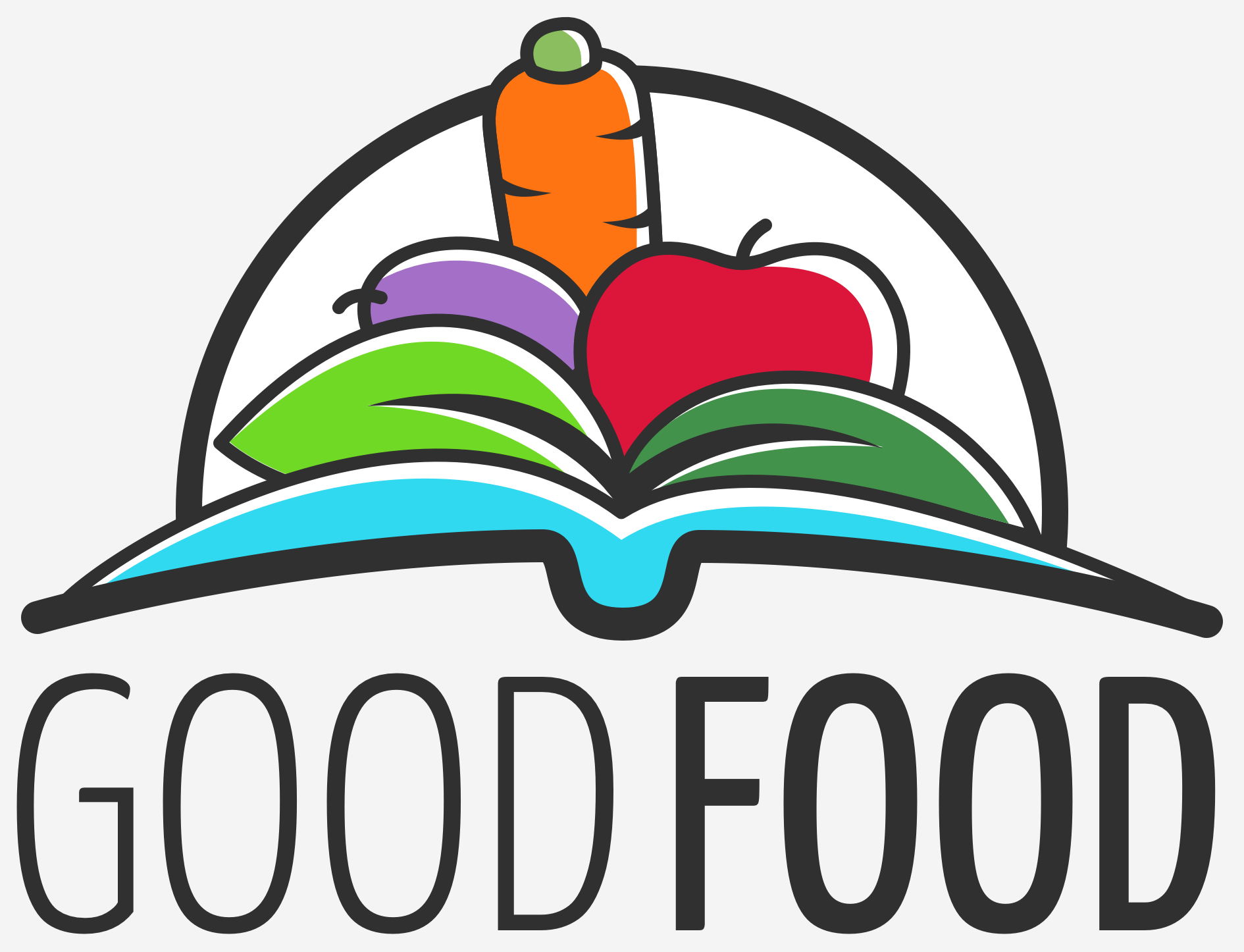Mission and Vision

Needs for effective, innovative, multidisciplinary, labour market-oriented, inclusive education in the EU
The renewed EU Agenda for higher education identifies the necessity of tackling skills gaps and innovating education through: (a) designing and developing curricula relevant to the labour market and societal needs, i.e. through better use of open, online, blended, multidisciplinary learning; (b) encouraging training and exchange to enhance the quality of teaching, (c) supporting the use of digital technologies and online delivery to improve pedagogies; (d) training of academics in new and innovative pedagogical approaches, new curriculum design approaches and sharing of good practices through collaborative platforms; (e) building inclusive higher education systems, connected to surrounding communities; (f) ensuring higher education and research institutes contribute to innovation by developing, implementing and testing the effectiveness of approaches to promote creativity, entrepreneurial thinking and skills for applying innovative ideas in practice; (g) promoting internationalisation, recognition and mobility. Although there is clearly a strong need for such innovative, labour market-oriented teaching approaches in the EU, many universities are still far behind. Previous analyses have shown that more than 60% of employers are not satisfied with the current level of knowledge and skills of university graduates, and indicate a strong need for changes (EPOS project: EC Analytical Reports ‘Employers’ perception of graduate employability’).
Embedded food systems as a target
A food system includes all actors (environment, people, inputs, processes, infrastructures, markets etc.) and activities related to the production, processing, distribution, marketing, preparation, packaging and consumption of foods, as well as related socio-economic and environmental aspects. In face of global population growth, resource constrains and growing environmental and public health concerns, high priority is given towards developing strategies to improve sustainability of the current food systems. With the further projected population growth, in the next 30 years food production and consumption models will need to undergo massive changes to cover global needs for nutritious and safe food while drastically reducing the environmental footprint. In this regard, embedded food systems, that are resilient, well adapted and anchored in rural communities and territories and primarily managed by local actors, including fair sharing of economic and other value created, may play an important role in the overall food systems shift towards sustainability. However, for this, a support of knowledgeable, skilled and motivated university graduates is of great importance. At the same time hardly any study programmes at European universities thoroughly address this multidisciplinary area.
GOODFOOD to address the needs
GOODFOOD aimed at building a network of EU universities and rural food communities and territories, to develop, test and implement experiential learning activities and approaches, allowing students and lecturers to learn, explore and exchange knowledge about embedded food systems and best practices of their future development and implementation. The project activities and outputs were shaped to increase the skills and capacity of participants to contribute towards permanent adaptation of resilient and sustainable embedded food systems in rural communities and territories, with the use of scientific and local, traditional knowledge. Transnationality of the project with partners from six different countries and different regions of Europe allowed the biggest strengths of teaching approaches and strategies of the participating universities to be extracted, analysed and put together. The project strongly addressed all the described key issues of the renewed EU Agenda for higher education, the priority ‘Learning Objectives’ set by UNESCO (in ‘Education for Sustainable Development Goals: Learning Objectives’, 2017), global need for a shift towards sustainable food consumption and production as stated in Sustainable Food Systems Programme of UNEP and FAO, as well as priorities and aims of the Erasmus+ Programme and specific aims of strategic partnerships. In addition, the project subject clearly responded to the main challenges addressed to the well-being of the next generations.
